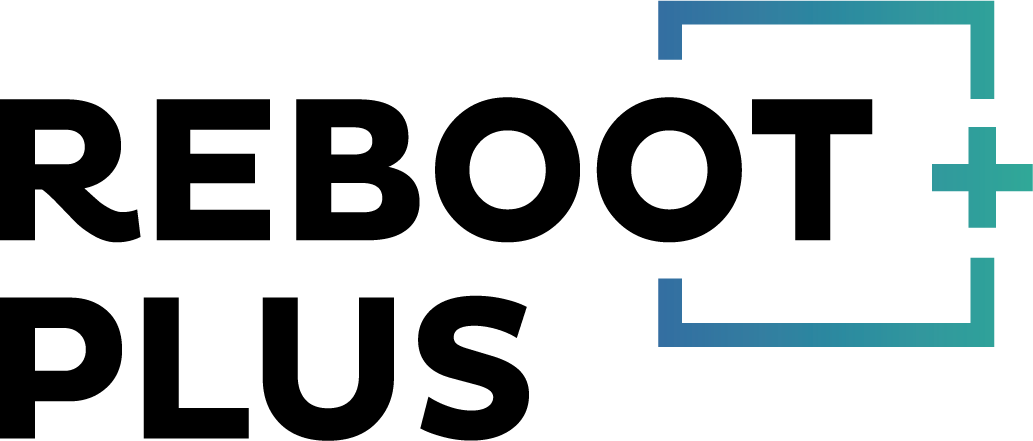Insights from the 2023 BC Adolescent Health Survey
The release of the first report from the 2023 BC Adolescent Health Survey (BC AHS) has sparked important discussions on the health and well-being of youth in Grades 7–12 across British Columbia. With approximately 38,500 young individuals aged 12–19 participating from 59 of BC’s 60 school districts, this survey offers invaluable insights into various health aspects affecting the province’s youth.
 Survey Evolution and Approach
Survey Evolution and Approach
Since its inception in 1992, the BC AHS has continually evolved to address emerging health issues and demographic shifts. The 2023 survey, developed in collaboration with young people, parents, and youth health experts, provides essential insights into trends in youth health over three decades, including the impact of the COVID-19 pandemic.
Embracing Diversity and Gender Identity
One standout finding from the survey is the diversity among participants, encompassing a range of ethnic, racial, religious, and gender identities. In 2023, approximately half of the youth identified as male, 45% as female, and 5% as non-binary, reflecting shifting gender identity trends compared to previous years.
Shifting Demographics
Over the past 30 years, the survey highlights a decline in the percentage of youth identifying as European, alongside an increase in youth from South Asian, Southeast Asian, and African
backgrounds. Additionally, there has been a notable rise in the number of youth born abroad, including international students and refugees.
Economic Well-Being and Health
The survey underscores the critical link between economic well-being and youth health outcomes. Those facing material deprivation or food insecurity were less likely to report positive mental and overall health, emphasizing the necessity for targeted interventions to support vulnerable youth populations.
School Experiences and Safety
Insights into youth perceptions of school experiences and safety are also significant. While school connectedness was highest among Grade 7 students, feelings of safety and positive relationships with school staff varied across different grade levels.
Unlocking Policy and Practice Implications
The insights gleaned from the 2023 BC AHS report hold significant implications for policymakers, educators, and healthcare professionals working with youth populations. By understanding the evolving health needs and challenges faced by adolescents, targeted interventions and support systems can be developed to foster positive youth development and well-being.
The Reboot Plus Program: Empowering Today’s Youth
 In light of the findings from the 2023 BC Adolescent Health Survey, programs like Reboot Plus play a criticial role in empowering today’s youth. By providing tailored support, resources, and opportunities for personal growth and development, Reboot Plus aims to address the diverse needs of young individuals in British Columbia. Through evidence-based interventions and policies, initiatives like Reboot Plus contribute to the holistic well-being of youth across Canada.
In light of the findings from the 2023 BC Adolescent Health Survey, programs like Reboot Plus play a criticial role in empowering today’s youth. By providing tailored support, resources, and opportunities for personal growth and development, Reboot Plus aims to address the diverse needs of young individuals in British Columbia. Through evidence-based interventions and policies, initiatives like Reboot Plus contribute to the holistic well-being of youth across Canada.
With funding from the Government of Canada’s Future Skills Centre, we are examining whether a hope-centred education and career development program can help youth find their purpose. Students in our program are vulnerable youth aged 17 to 24 who have not finished high school and do not have a plan for their future. Our 16-week program helps participants identify their values, personality, interests and skills, meet with professionals and develop an education and career action plan.
Le projet Reboot Plus est financé par le Centre des Compétences futures du gouvernement du Canada.

